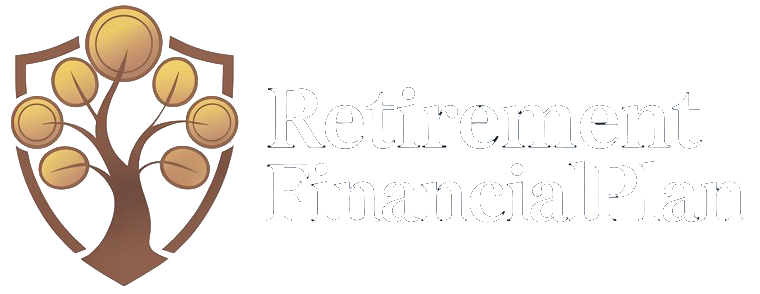Key Takeaways
- A monthly survey of small business owners showed optimism declined in October for the second straight month to its lowest levels since April, with respondents citing worries over the government shutdown.
- Small businesses reported difficulties hiring qualified candidates, while sales and profit levels were also lower in October.
An end to the government shutdown may be coming just in time for small businesses, who are reporting hiring difficulties, slower sales and weaker profits amid the work stoppage, a closely watched survey of business owners showed.
“The shutdown will be resolved by year-end, hopefully sooner, but until then our economic measures will show weak economic growth expectations, slowing sales, and weak job growth,” said the National Federation of Independent Business (NFIB) in a report on its monthly survey of small businesses. “Owners are resilient but it won’t be pleasant until the shutdown is ended and the government gets back to business.”
The NFIB Small Business Index declined slightly to 98.2 in October, dropping for the second straight month and remaining just above the survey’s 52-year average. It’s the lowest reading for the survey since April’s tariffs announcements.
Why this Matters for You
Small businesses make up a significant portion of the U.S. economy and can account for as much as 60% of new job creation. Therefore, small business owner sentiment can have a meaningful impact on hiring and overall economic conditions.
The survey results come as the U.S. government shutdown extended into its 42nd day, creating uncertainty over economic data and putting pressure on the nation’s air travel system. On Monday, the Senate passed a spending measure that would end the work stoppage, with the House of Representatives expected to vote on the measure on Wednesday.
“Although outlooks are still brighter than before the 2024 election, a lack of qualified labor combined with deteriorating sales and profits appeared to weigh on economic expectations,” wrote Wells Fargo economists Jackie Benson and Ali Hajibeigi.
Nearly nine of 10 owners reported being unable to find qualified employees for open positions. Labor quality was the single most important problem facing small business owners, the survey found, and especially within the construction industry, where almost half of small business owners said they had jobs they couldn’t fill.
The portion of owners reporting higher sales dropped by six points in October, while the number reporting higher profits fell by nine points. Commentary from business owners included in the report showed that health insurance costs were a growing problem.
Despite the declines, the number of businesses expecting sales to improve remained positive, while plans for capital expenditures reached their highest levels of the year.
Business owners also said economic conditions were steadier in October. The survey’s uncertainty index fell 12 points to a reading of 88, the lowest of a year marked by questions over tariffs and other changes to the business environment.
The survey also showed that inflation was cooling for small businesses, as the number of owners raising prices in October or planning to raise prices in the next three months both declined.

